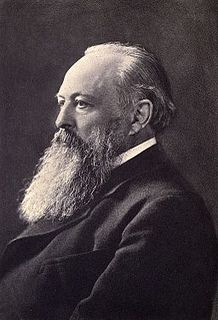
John Emerich Edward Dalberg-Acton, 1st Baron Acton, 13th Marquess of Groppoli,, better known as Lord Acton, was an English Catholic historian, politician, and writer. He was the only son of Sir Ferdinand Dalberg-Acton, 7th Baronet, and a grandson of the Neapolitan admiral and prime minister Sir John Acton, 6th Baronet. Between 1837 and 1869 he was known as Sir John Dalberg-Acton, 8th Baronet.

William Andrew Pogany was a prolific Hungarian illustrator of children's and other books. His contemporaries include C. Coles Phillips, Joseph Clement Coll, Edmund Dulac, Harvey Dunn, Walter Hunt Everett, Harry Rountree, Sarah Stilwell Weber, and N.C. Wyeth. He is best known for his pen and ink drawings of myths and fables. A large portion of Pogany's work is described as Art Nouveau. Pogany's artistic style is heavily fairy-tale orientated and often feature motifs of mythical animals such as nymphs and pixies. He paid great attention to botanical details. He used dreamy and warm pastel scenes with watercolors, oil paintings, and especially pen and ink.
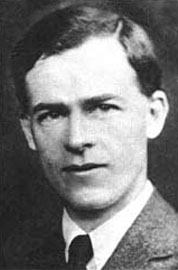
George Douglas Howard Cole was an English political theorist, economist, and historian. As a believer in common ownership of the means of production, he theorised guild socialism. He belonged to the Fabian Society and was an advocate for the co-operative movement.
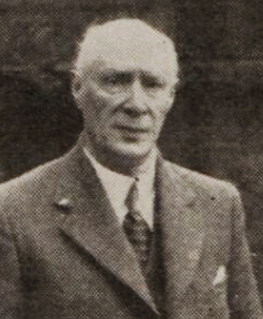
James Lewis Thomas Chalmers Spence was a Scottish journalist, poet, author, folklorist and occult scholar. Spence was a Fellow of the Royal Anthropological Institute of Great Britain and Ireland, and vice-president of the Scottish Anthropological and Folklore Society. He founded the Scottish National Movement.

John Lindley FRS was an English botanist, gardener and orchidologist.
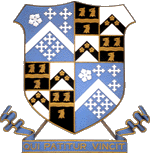
The Latymer School is a selective, mixed grammar school in Edmonton, London, England, established in 1624 by Edward Latymer. According to league tables, Latymer is one of the top state-schools in the country.

George Holbrook Jackson was a British journalist, writer and publisher. He was recognised as one of the leading bibliophiles of his time.

Latymer Upper School is a coeducational public school in Hammersmith, London, England, between King Street and the River Thames. The school has approximately 1,200 pupils, and is highly selective, accepting under 10% of applicants ; most are admitted through examination and interview to Upper School at the age of eleven, with some entering into the Sixth Form at 16.
Queenie Dorothy Leavis was an English literary critic and essayist.
Nigel John Spearing was a British Labour Party politician.

Charles Gide was a French economist and historian of economic thought. He was a professor at the University of Bordeaux, at Montpellier, at Université de Paris and finally at Collège de France. His nephew was the author André Gide.
Herbert Wrigley Wilson, known often only as H. W. Wilson, was a British journalist and naval historian.
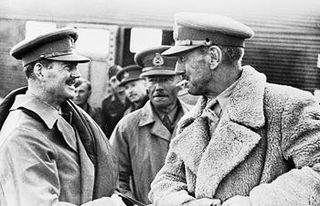
Major General John Frederick Boyce Combe was a British Army officer before and during the Second World War. He was twice awarded the Distinguished Service Order for his service in the Western Desert campaign before being captured in April 1941 and spending nearly two and a half years as a prisoner of war in Italy. Released in September 1943 when Italy withdrew from the Axis, he made his way back to Allied territory and from October 1944 until the end of the war commanded an armoured brigade.
William Gordon Mein was a British book illustrator who flourished in the late 19th to early 20th century. He lived in London from around the turn of the century.
This page is a complete bibliography of the English author Thomas Burke.
The dissenting academies were schools, colleges and seminaries run by English Dissenters, that is, those who did not conform to the Church of England. They formed a significant part of England's educational systems from the mid-seventeenth to nineteenth centuries.

Samuel Crowther (1880–1947) was a prominent American journalist and writer who is best known for his collaborative writings with Henry Ford and other industrialists.

Clarke, Irwin & Company was a Canadian publishing house based in Toronto, Ontario. Established in 1930, it was purchased by Thomas Nelson Publishing in 2002. The company published works by prominent Canadian authors, artists, and poets, including Robertson Davies, Emily Carr, A.Y. Jackson, Adele Wiseman, Timothy Findley, and Alden Nowlan. The company was also known as a producer of educational works and textbooks.

Bridget Irene Hill was a feminist historian of the seventeenth and eighteenth centuries.














